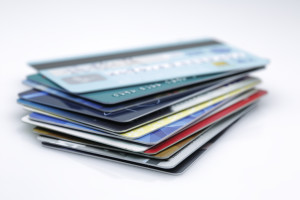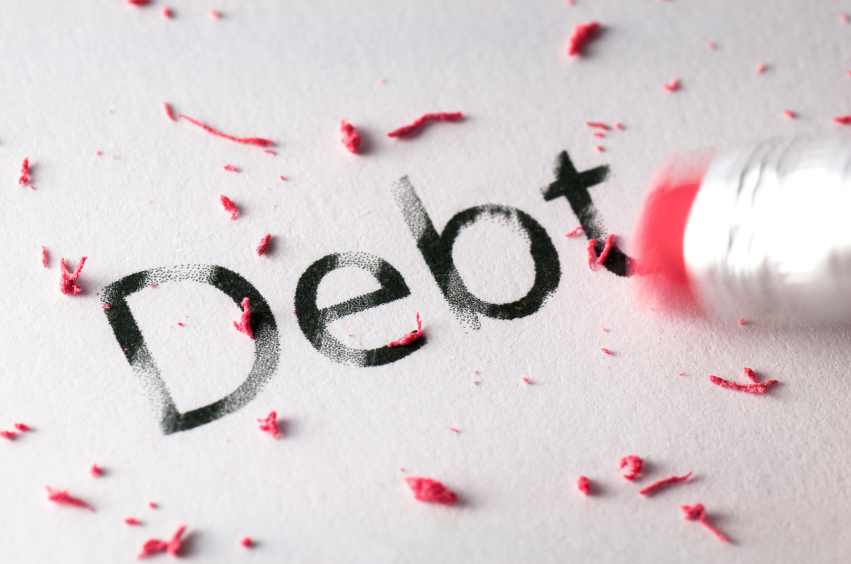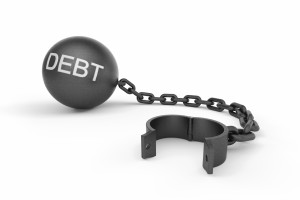
We’ll spend hours agonizing over the perfect dress, endlessly debate menus, venues, flower arrangements and all the other elements that go into the big day and yet discussing money often doesn’t make the agenda? But it really should be near the top because it’s an issue that outlasts the honeymoon.
Prenuptial agreements used to be just for the rich and famous but an increasing number of brides and grooms are signing prenups. There are many and varied reasons people opt for prenups, including children from a previous marriage, business ownership, estate planning, one partner bringing in considerable debt or conversely, bringing in considerable assets. Prenups or cohabitation agreements as they are sometimes called may also be a good idea if you plan to live together even if you don’t plan to marry. A family lawyer can advise you on what’s best for your particular circumstances.
Regardless of whether or not you decide to have a prenup, it’s important to have a financial discussion before you move in together.
It’s simple enough – start by talking. Before you say “I do” consider our top six tips for a healthy financial commitment.
1. Talk
Money is one of the most emotionally charged issues in any marriage. In a whirlwind romance, it’s easy to overlook traits that down the road could grow into a serious rift. You may choose to ignore the fact your fiancée is running up humongous credit card bills, when the spending is going towards a diamond you can show to off to your pals, or expensive dinners out. But fast-forward a couple of years, if you’re no closer to a down payment for a home and the Visa bills are now going to golf vacations — the battle lines will be drawn. Discuss your financial goals — and be honest about it. Telling your partner you’re committed to saving for that down payment when you’re actually planning to take a cruise with the first $1,000 you save is neither fair nor productive. Debate the issues now so you don’t end up fighting later. Make your initial money talk part of an ongoing discussion that carries on after you move in together.
2. Build a financial plan around your goals and stick to it.
It’s not enough to set the lofty goals, you have to figure out the nitty gritty of how you are going to manage your money to achieve them.
3. Work together.
While it’s often the case that one person in the relationship is better at keeping track of accounts, paying bills and running the household finances, both should take part in the planning piece. We’ve run into sad situations where a woman is left with not so much as a credit card in her own name when her partner dies suddenly or divorces her. When it comes to running your joint finances, what you don’t know can hurt you.
4. Be honest.
Women may joke about the expensive shoes they hide from their husbands, while their husbands similarly keep mum about the new golf clubs but if that kind of deception is happening, it’s no joke. Trust starts with the small things; you won’t get anywhere if your financial planning is built on lies.
5. If you’re going to share your bed, consider sharing a bank account.
Some people decide never to mingle their money — one of our couple clients has been happily married for more than 30 years and has kept their finances separate – each pulling out a cheque book to pay their share of our money coaching fees every year. It works for them, but it’s more common for a couple to open a joint account with pay cheques and other income like government benefits going into this operating account. Common expenses, like food, mortgage, cable and other monthly bills come out of this account. After you’ve paid the basics, transfer an agreed upon amount into long term-investment accounts like RSPs and allocate some to high interest savings account to cover travel, emergencies or big-ticket items like home renovations.
6. The marriage saver.
Now it’s time to take care of you. Transfer agreed-upon amounts into two separate accounts, one for each partner. That’s the discretionary spending money — it’s yours – to do what you will. No questions asked!






